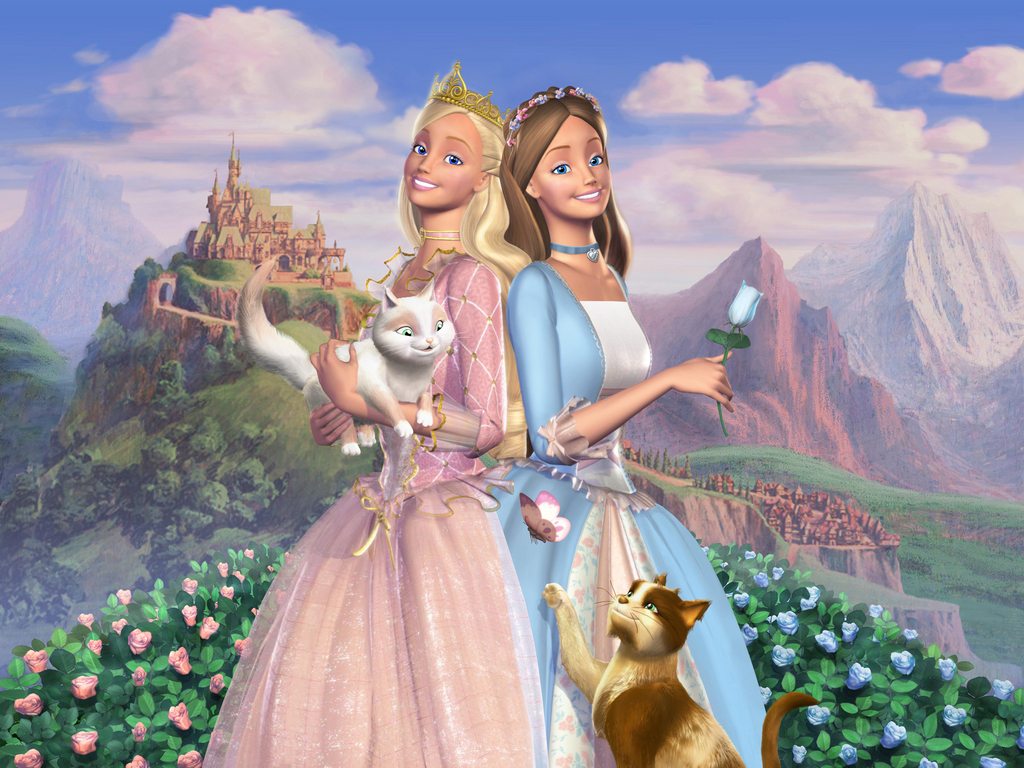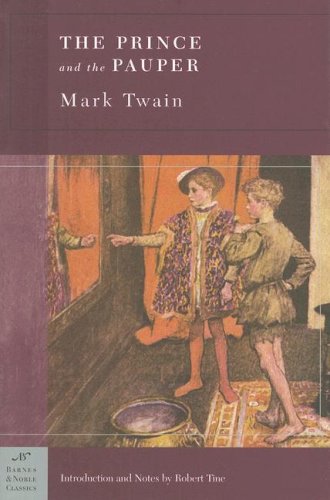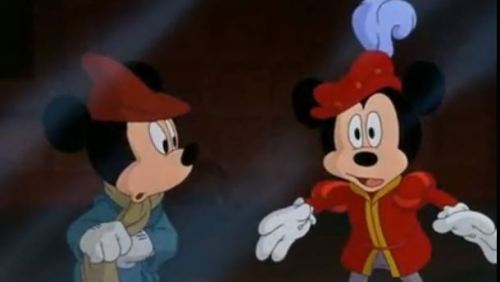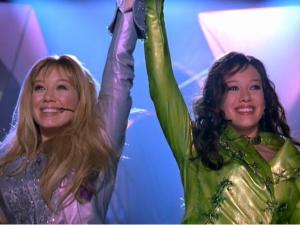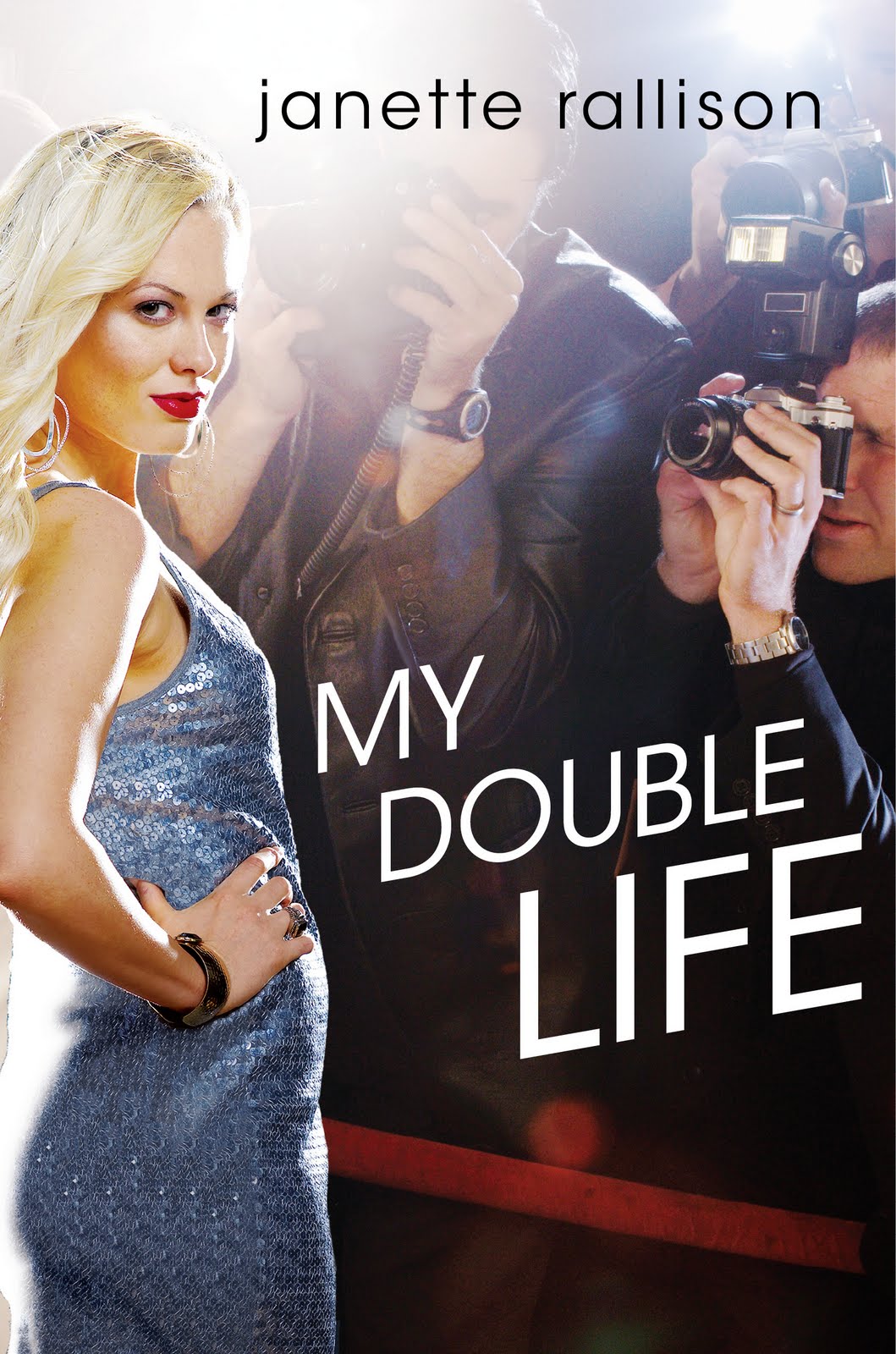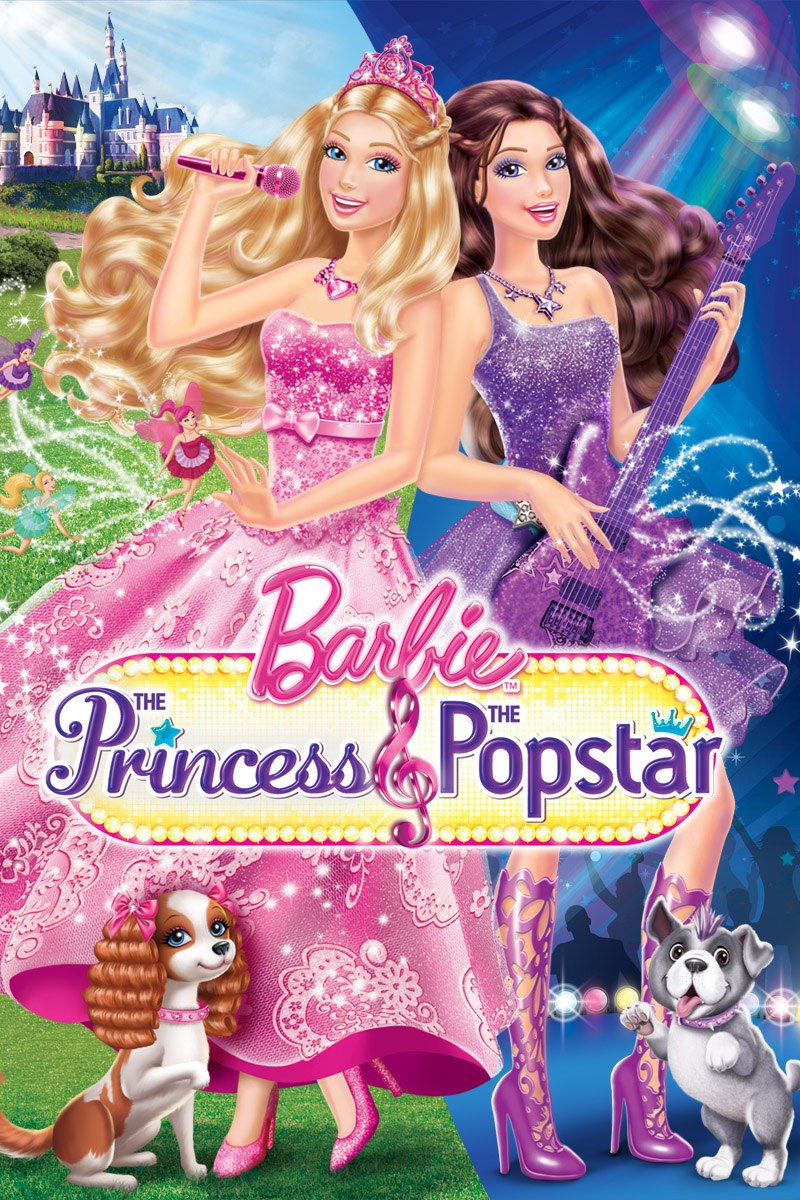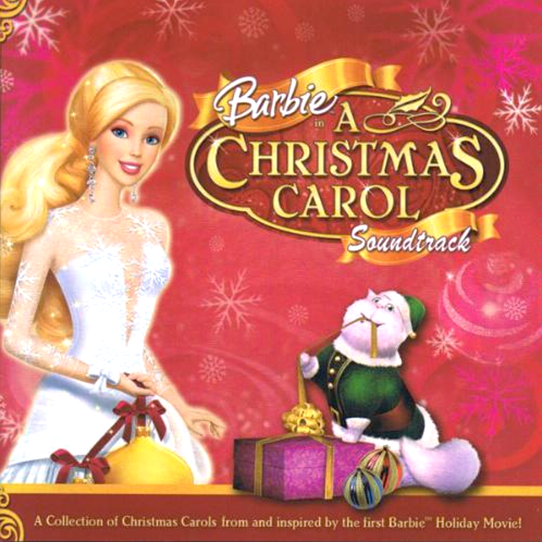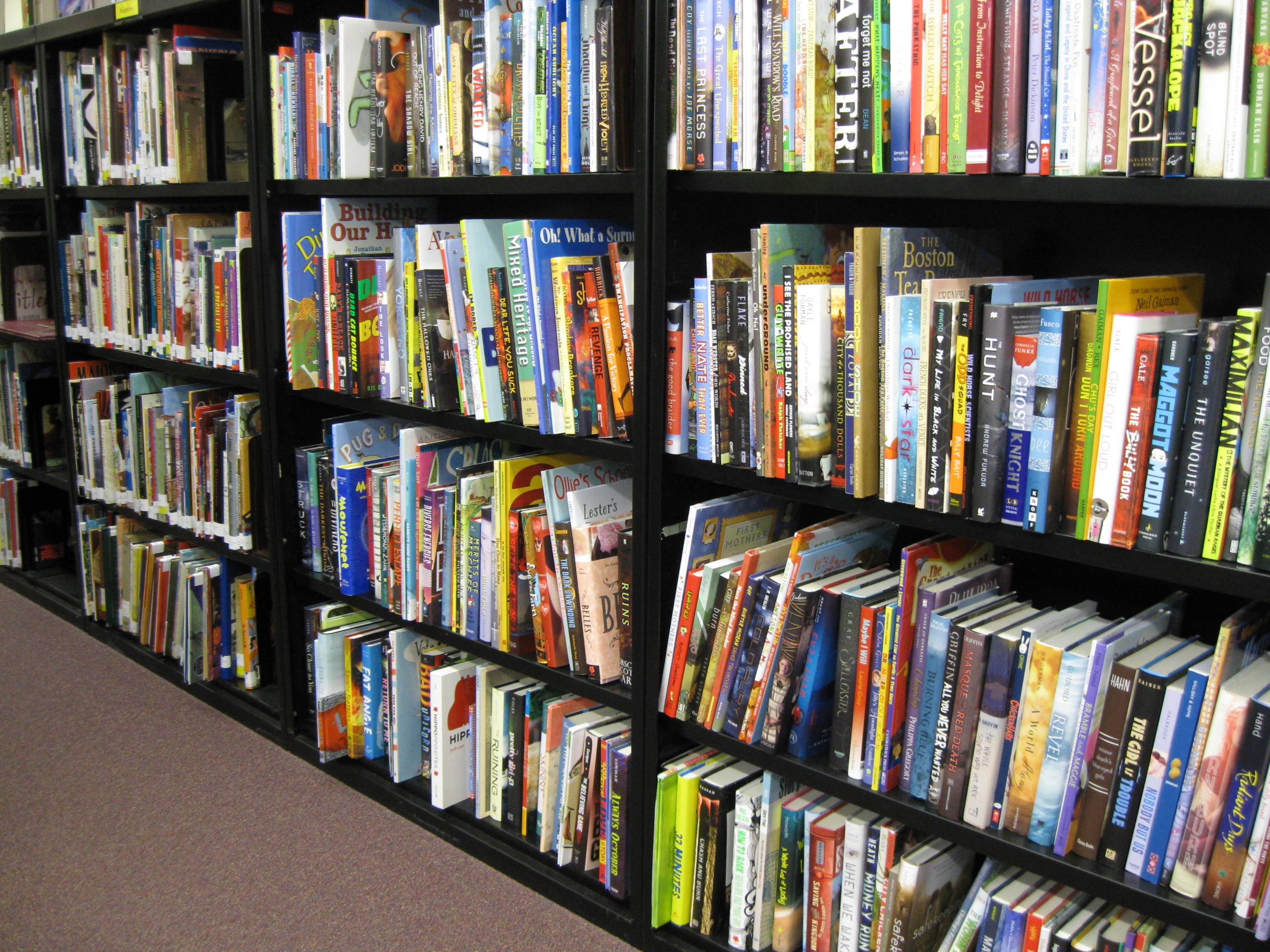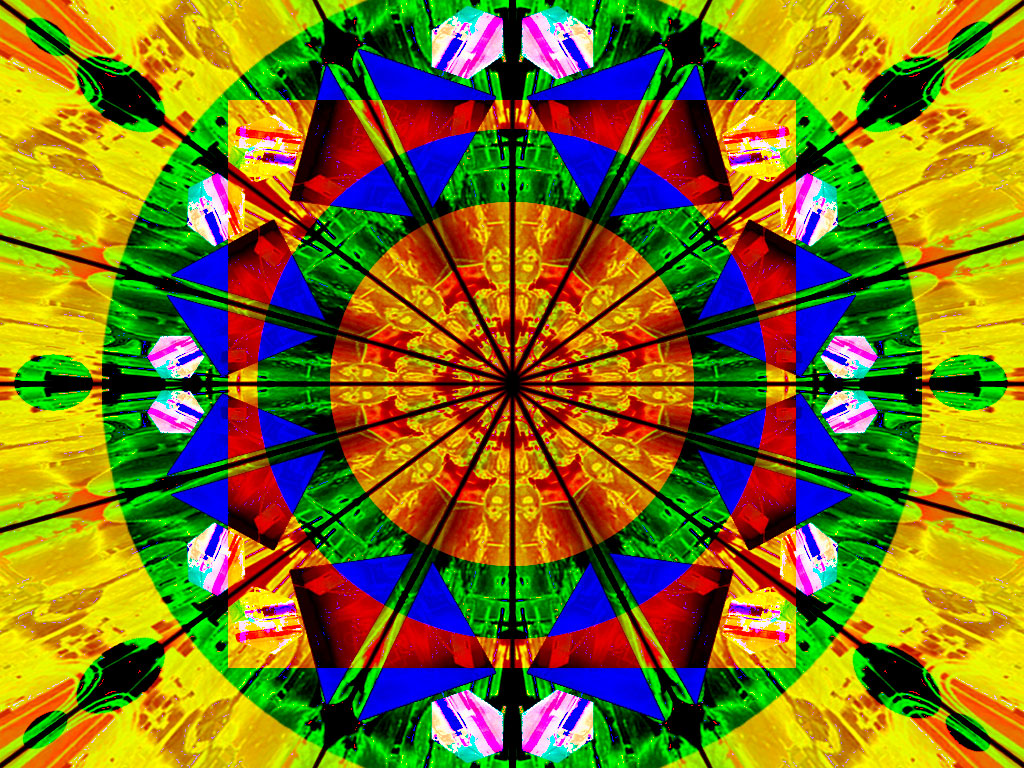
In the beginning, there were coconuts.
The reason is simple. Radio shows needed a way to create horse hoof sounds without dragging a live horse into the building. Coconut smacking was the way to go. Then technology advanced to the point where actual horse hoof sounds could be used to create horse hoof sounds.
But they kept using coconuts.
Why? Because even though people ride horses everyday, and they know horses don't sound like that unless they're cantering across a firm surface, millions of other people have never been close to a horse. They knew what a horse sounded like from the radio. And if it didn't sound like a coconut, it was wrong.
 |
Today, an adult on facebook asked if this generation knows what a kaleidoscope looks like. I replied that I own one. Then I logged off facebook and didn't think about kaleidoscopes until seven hours later, at my aunt's house. I found my Grandma Smith's kaleidoscope resting innocently on a side table. Now, I've always known what a kaleidoscope looks like, but maybe I was an anomaly all along. Research time!
I called for my cousin Miah, the closest human being to the kaleidoscope at the moment. "Hey, Miah! Do you know what this is?"
"No."
Miah has a brother. "Hey, Xander! Do you know what this is called?"
"Yeah. It's a thingy."
Xander has a sister. "Tage! Take a look at it and tell me what it is."
"I don't know."
I have brothers. "Weston, what's this thing on the table?"
"How should I know?"
"Jacob, do you know what this is?"
He gave the kaleidoscope a good long look in case there was something hiding behind it. "Do you know what it is?"
"Yes I know. But I want to see if everyone else does."
"It's a kaleidoscope." Once the words were out of Jacob's mouth, everyone but Xander said they knew perfectly well what a kaleidoscope looked like. This one just didn't look right. Miah told me, "It's not like the kaleidoscope on Webkinz."
There are kaleidoscopes. Then there are Webkinz kaleidoscopes. Then there's the keychain sized kaleidoscope that lives in my jewelry box. But none of them look remotely like this kaleidoscope.
A picture would be appropriate here, wouldn't it? I didn't take one. Guess I'll have to build one for you. Picture a brass tube fixed to a wooden stand. There are two drawers, large enough to hold four stained glass circles, which can be changed out. They're also large enough to hold a note that says For Jessie in my Grandma Smith's handwriting.
When we found that For Jessie note, we tore down paintings from the loft and checked the backs. We lifted up china dolls to search their stands for notes. But even though Grandma Smith was the type of dollmaker to spend three hours repainting eyelashes, even though she cared for art, there was not a single object in her house that needed to find the right owner when she died.
Except for the kaleidoscope. This brass and glass kaleidoscope that looks more like a kaleidoscope than any other kaleidoscope I will ever meet. Because I knew it before I had a jewelry box and before Webkinz was conceived. It outlived Grandma Smith and Jessie and it will outlive Jessie's parents.
But it does not look like Miah's definition of a kaleidoscope.
Horses don't worry whether or not they sound like horses. Charlie Chaplain didn't wake up every morning, look in the mirror, and wonder if he could pass for Charlie Chaplain. That kaleidoscope knows it's worth more than any other kaleidoscope its lookers will meet. It doesn't worry about passing itself off as itself.
But we still expect horses to sound like coconuts. And Charlie Chaplain to walk with a cane. We expect things to look and sound like they look and should instead of being themselves.
Still. If you ride a horse you'll know it sounds like horse. If you could walk with Charlie Chaplain, you'd know what he looks like. And if you screw on the glass circles, press your eye against the tube, and shut the other one, you'll realize it can't be anything but a kaleidoscope.
